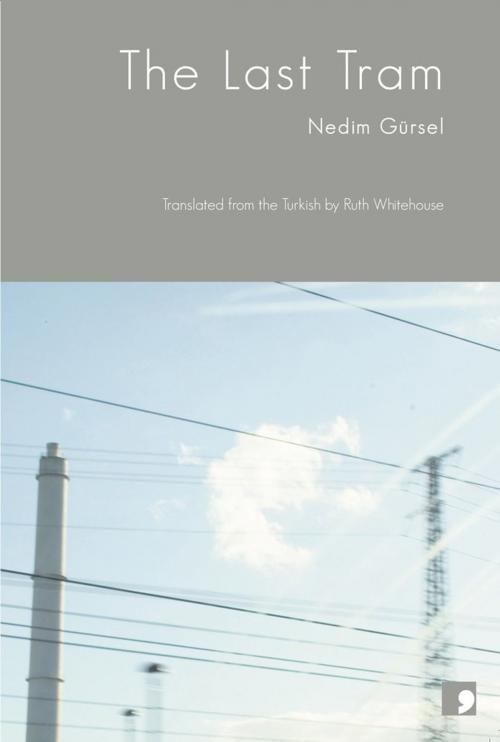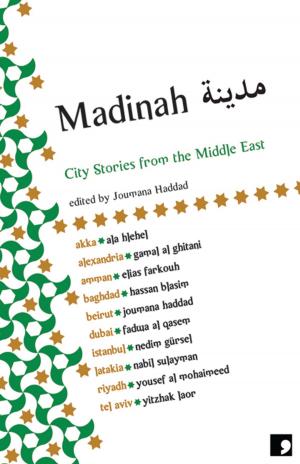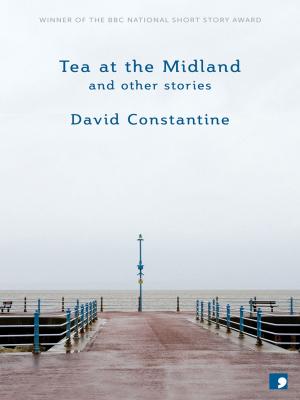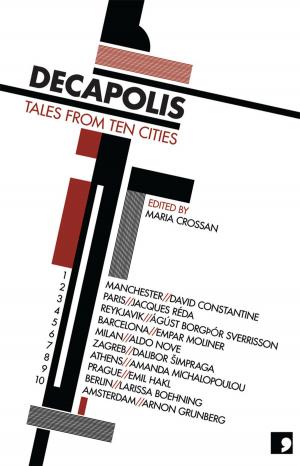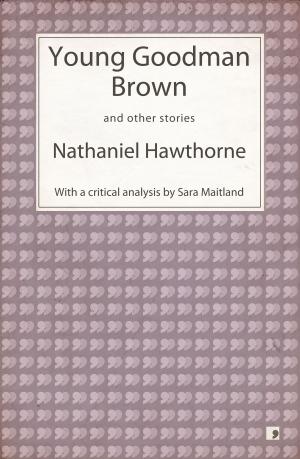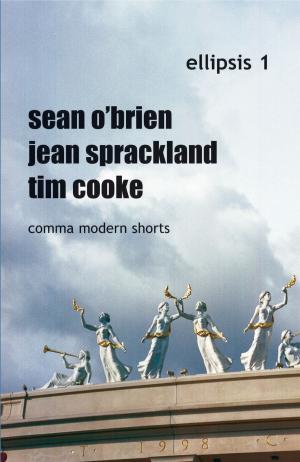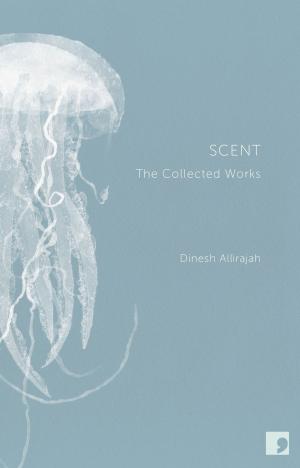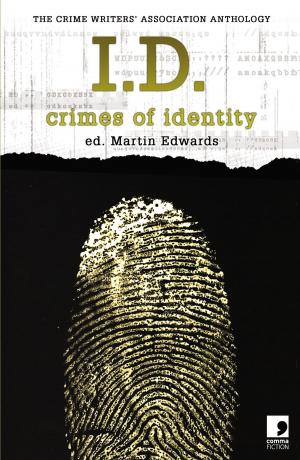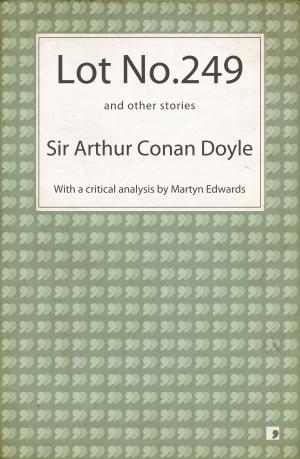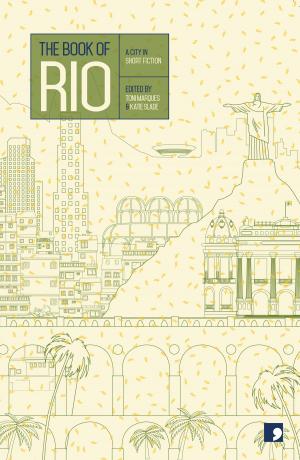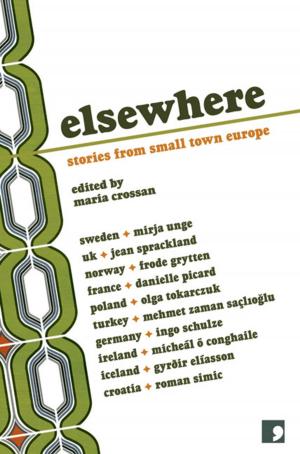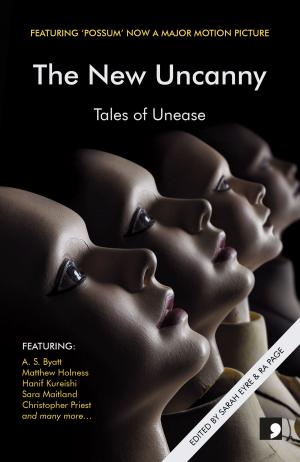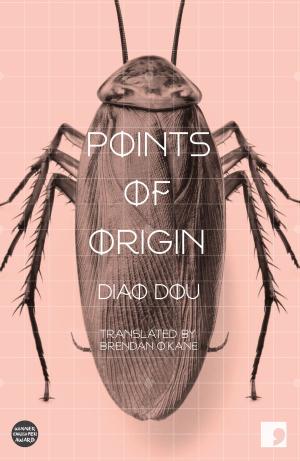| Author: | Nedim Gürsel, Ruth Whitehouse (translator) | ISBN: | 1230000202178 |
| Publisher: | Comma Press | Publication: | December 6, 2013 |
| Imprint: | Language: | English |
| Author: | Nedim Gürsel, Ruth Whitehouse (translator) |
| ISBN: | 1230000202178 |
| Publisher: | Comma Press |
| Publication: | December 6, 2013 |
| Imprint: | |
| Language: | English |
'What I know about is absence; the endless geography of yearning...’
For Nedim Gürsel, the state of exile isn’t a static condition, applying to a single person in a specific place, but an entire landscape of longing, through which he, and countless other émigrés, must travel; a mobile experience, a moveable feast.
In these stories Gürsel crisscrosses modern Europe, settling in some cities — like Paris — for many years, visiting others several times, decades apart. But none of them quite constitutes home. Nor is return to his native Turkey — from which Gürsel was himself exiled for his political writings in the 70s — ever really possible, though through his stories, dreams, and memories, he makes many attempts.
Art, history, architecture, contemporary politics... all these feed into the swirling palette of colours with which Gürsel paints the migrant experience. Not to mention a host of unforgettable characters: the lonely Mustafa who cares only for the fate of his beloved poplar tree, back home on the Anatolian plain; the tragic Madame Suslova recalling memories of a lover who squandered her money on the roulette tables of Istanbul; or the Coci family making their desperate way through the Fréjus Tunnel, as re-imagined by an eager documentary maker.
Indeed such is the poetry of Gürsel’s writing, it is little surprise that even in exile he is regarded as one of Turkey’s greatest living writers.
‘One of the few contemporary Turkish writers who have brought something new to our literature’ — Yashar Kemal.
'A winning collection' - Today's Zaman.
'What I know about is absence; the endless geography of yearning...’
For Nedim Gürsel, the state of exile isn’t a static condition, applying to a single person in a specific place, but an entire landscape of longing, through which he, and countless other émigrés, must travel; a mobile experience, a moveable feast.
In these stories Gürsel crisscrosses modern Europe, settling in some cities — like Paris — for many years, visiting others several times, decades apart. But none of them quite constitutes home. Nor is return to his native Turkey — from which Gürsel was himself exiled for his political writings in the 70s — ever really possible, though through his stories, dreams, and memories, he makes many attempts.
Art, history, architecture, contemporary politics... all these feed into the swirling palette of colours with which Gürsel paints the migrant experience. Not to mention a host of unforgettable characters: the lonely Mustafa who cares only for the fate of his beloved poplar tree, back home on the Anatolian plain; the tragic Madame Suslova recalling memories of a lover who squandered her money on the roulette tables of Istanbul; or the Coci family making their desperate way through the Fréjus Tunnel, as re-imagined by an eager documentary maker.
Indeed such is the poetry of Gürsel’s writing, it is little surprise that even in exile he is regarded as one of Turkey’s greatest living writers.
‘One of the few contemporary Turkish writers who have brought something new to our literature’ — Yashar Kemal.
'A winning collection' - Today's Zaman.
